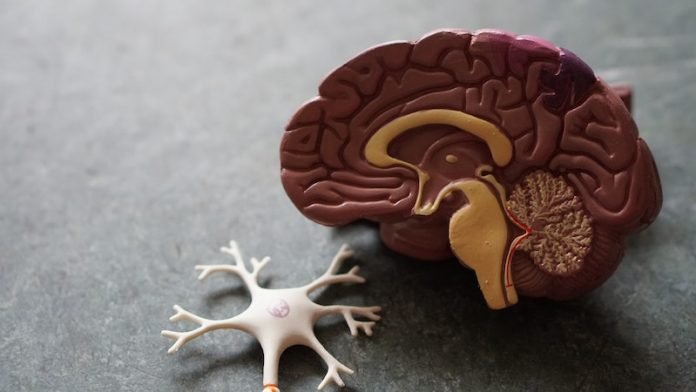
In a new study, researchers found that infecting the nasal passages with the COVID-19 virus could lead to a rapid, escalating attack on the brain that triggered severe illness, even after the lungs were successfully clearing themselves of the virus.
They found virus levels in the brain were about 1,000 times higher than in other parts of the body.
The findings can help understand the wide range in symptoms and severity of illness among people who are infected by SARS-CoV-2, the virus that causes COVID-19.
The research was conducted by a team at Georgia State University.
In the study, the team assessed virus levels in multiple organs of the infected mice. A control group of mice received a dose of sterile saline solution in their nasal passages.
Early in the pandemic, studies had focused on the animals’ lungs and did not assess whether the virus had invaded the brain.
The team found that virus levels in the lungs of infected mice peaked three days after infection, then began to decline.
However, very high levels of infectious virus were found in the brains of all the affected mice on the fifth and sixth days, which is when symptoms of severe disease became obvious, including labored breathing, disorientation and weakness.
the findings could help explain why some COVID-19 patients seem to be on the road to recovery, with improved lung function, only to rapidly relapse and die.
The team says the thinking that COVID-19 is more of respiratory disease is not necessarily true.
The nasal passages provide a more direct path to the brain than the mouth.
Once viral infections reach the brain, they trigger an inflammatory response that can persist indefinitely, causing ongoing damage.
That’s why doctors are seeing severe disease and all these multiple symptoms like heart disease, stroke and all these long-haulers with loss of smell, loss of taste.
All of this has to do with the brain rather than with the lungs.
The team says that COVID-19 survivors whose infections reached their brain are also at increased risk of future health problems, including auto-immune diseases, Parkinson’s, multiple sclerosis and general cognitive decline.
One author of the study is Assistant professor Mukesh Kumar.
The study is published in Viruses.
Copyright © 2021 Knowridge Science Report. All rights reserved.



